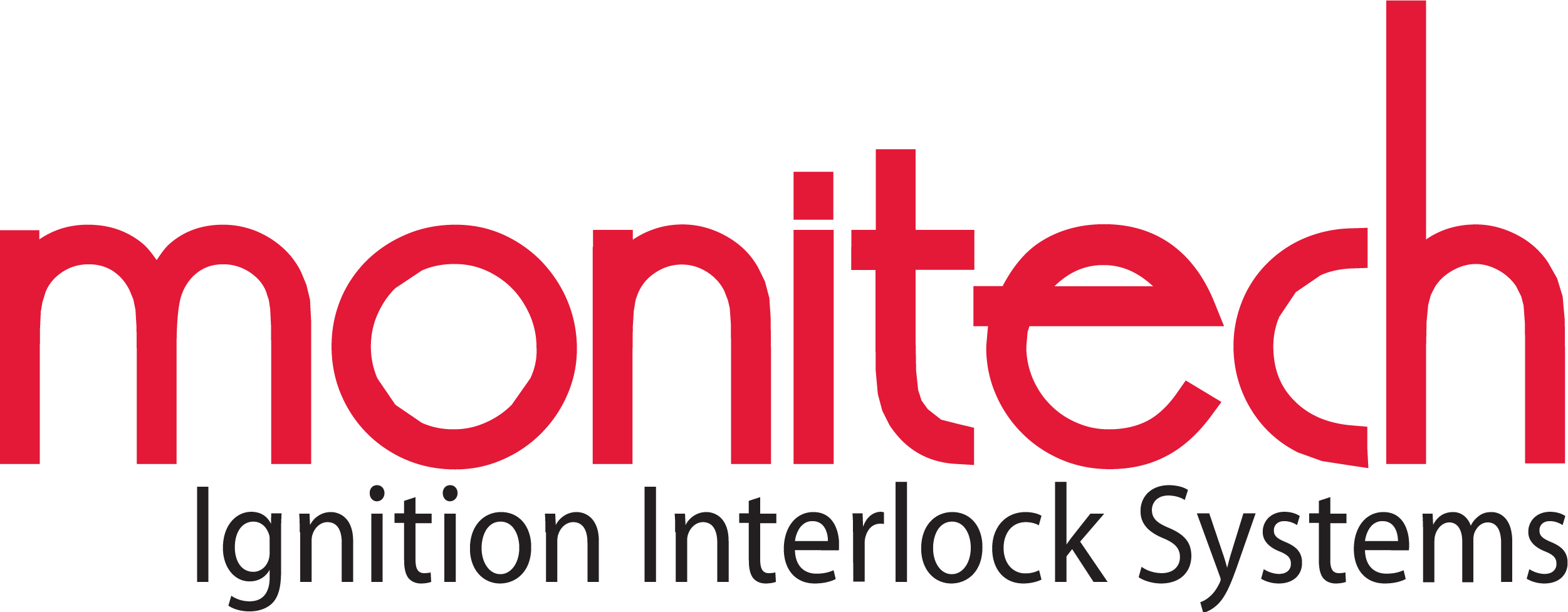If you have been arrested for driving while intoxicated (DWI) in North Carolina, among the requirements you’ll need to fulfil is an alcohol assessment. A certified substance abuse counselor will interview you to determine if you have an alcohol or drug problem. The exact questions in the interview will vary depending on who does the assessment. The assessor will go over the incident that landed you in court, and also talk about your history with alcohol or drugs. The purpose is not to judge or punish you – it is just to determine how serious a factor these substances are in your life.
You might be ask how often you drink, whether you experience blackouts, whether you drink more now than a year ago, and if alcohol or drugs interfere with your relationships.
The assessment will result in one of three outcomes. Your DWI will be seen as the result of
- Alcohol or drug dependence – an inability to stop using the substance
- Alcohol or drug abuse – a pattern of substance overuse that leads to work, social or health problems
- Factors other than an alcohol or drug problem
An alcohol assessment is required in all DWI cases. You will need one before you can obtain a Limited Driving Privilege license or an ignition interlock (car breathalyzer).
The assessment takes about an hour and a half. Depending on the results, you will be assigned to a class of one type or another:
- DWI Education – 16 hours, at least 5 sessions
- Short-term treatment – between 20 and 40 hours over a period of 30 days
- Intensive Outpatient Treatment: a 90 day course
All the courses will offer support and education. The more intensive ones provide extended treatment, including therapy, group counseling, and other services.
When your assessment is done and you have finished whatever education or treatment was ordered, you will obtain a certificate of completion. That document will be needed when it comes time to reinstate your license and get back to safe, sober and legal driving.
Have more questions? Visit or call us at one of our service center locations in North Carolina to get help today.
